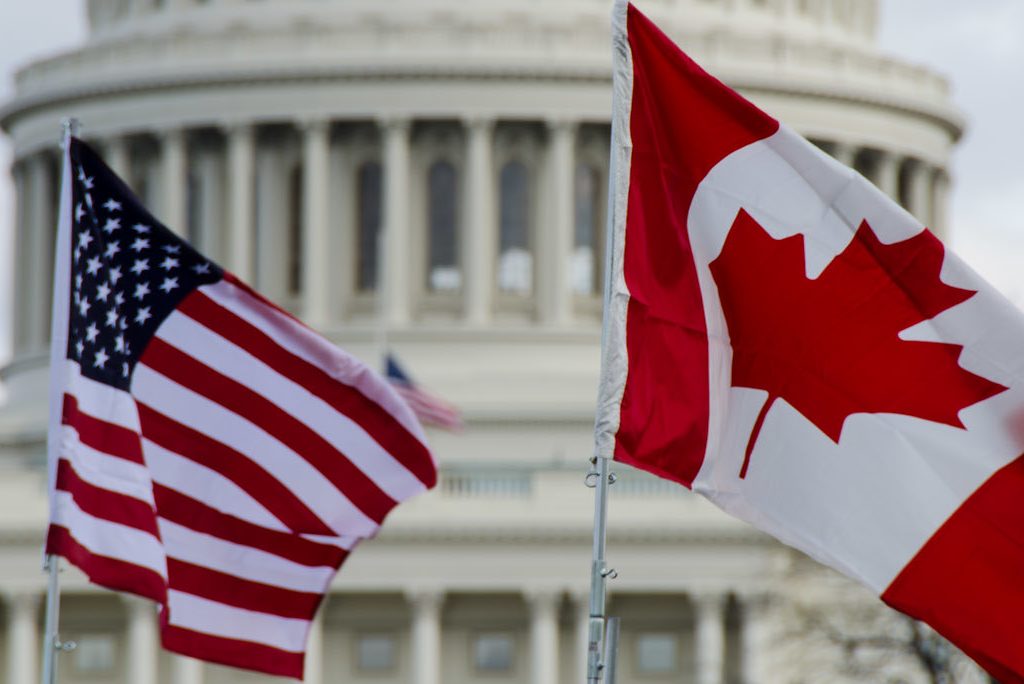Mexico's future as a top ten global destination is in jeopardy

Skift Take
Mexico's top tourism official said the country may drop out of the world's top 10 tourist destinations, a spot it has held for years.
Tourism Secretary Claudia Ruiz Massieu hasn't said why the drop occurred, but there were declines in 2012 in two areas that have been affected by violence: border tourism and cruise ship stopovers.
The number of cruise ship passengers stopping in Mexico dropped 3 percent in 2012 and more than 15 percent over the past two years. The number of border visitors dropped 5.3 percent in 2012, according to Tourism Department figures.
Mexican border cities such as Reynosa and Nuevo Laredo have experienced continued waves of drug cartel violence, and a number of cruise operators have dropped port calls along Mexico's western Pacific coast. Both areas have been affected by drug-fueled violence that has cost more than 70,000 lives in the past six years.
The drops contributed to a 1.2 percent decline in overall international tourism to Mexico in 2012.
"We have indications that we may drop one or two places, but we're not sure because the figures aren't ours, they are from the World Tourism Organization," Ruiz Massieu said Monday.
The WTO regional director for the Americas, Carlos Vogeler, said Tuesday it may be less a story of Mexico losing tourists, than about other countries making big gains and overtaking Mexico.
"You have to take into account that there are countries that have made a great deal of progress in attracting international visitors," Vogeler said. "For example, Russia has improved its figures, Malaysia has improved its own, and Austria. There are a number of countries that have increased their numbers significantly."
And he noted Mexico has continued to gain in tourism revenues. Income from International tourists rose 7.1 percent in 2012, despite the decline in the number of visitors.
"According to our initial data, Mexico has increased its income, apparently because people who arrive by air (rather than crossing a land border or arriving on a cruise ship) generally spend more time, and more money, in the country," Vogeler said.
Ruiz Massieu seemed fairly calm about the whole affair.
"What this administration and the Tourism Department are doing is looking to the future. ... We want to be more competitive globally. We want to diversify our tourism industry," Ruiz Massieu said, referring to efforts to diversify beyond what has long been the country's staple: American tourists visiting beach resorts.
While she did not offer specific figures, Ruiz Massieu said Mexico had attracted a large number of spring break visitors this year.
"The spring breakers season is ending and we had a very strong turnout at our main resorts. ... We're very happy that we continue to be a favorite destination for that sector," she said.
Tourism industry sources say that some Mexican resorts such as Cancun appear almost immune to problems in other parts of the country. The Travel Leaders Group, a network of independently owned and operated travel agencies in the U.S., noted that Cancun continues to be the second-most popular destination among Americans.
"It appears that travelers are quite savvy on the situation in Mexico and understand that there are many popular and safe destinations to visit," Travel Leaders spokeswoman Kathy Gerhardt wrote earlier this year. "Also, many people are repeat visitors to Mexico. Based on their past experience in a particular destination or at a particular resort, they feel very comfortable traveling there again."
![]()




